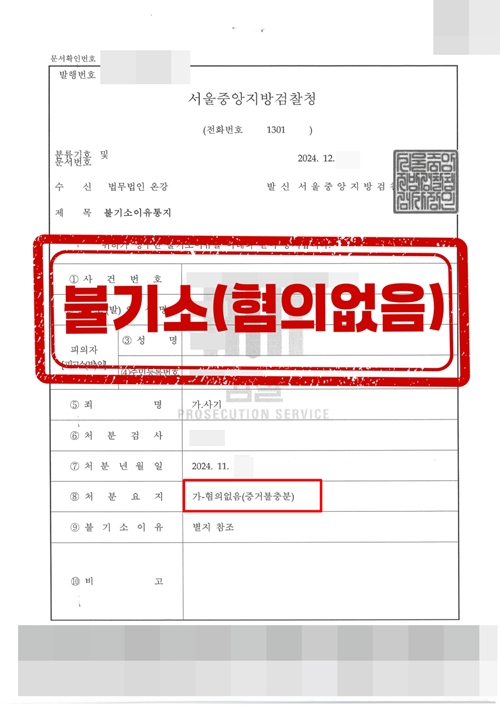
Suspicion of embezzlement of nominal funds for transfer tax payments by a person entrusted with account management
■ Case Overview The defendant was entrusted by the client to manage the account, including the payment of capital gains taxes, and misappropriated the entrusted funds. The defendant withdrew tens of millions of won from the complainant's account in the name of paying capital gains taxes, but the actual amount of taxes paid was much less than that, and the defendant used the remaining amount for personal use. The client approached Ongang Law Firm. ■ Case Issues The key issues in this case were twofold: first, the scope and limits of the delegation of account management, and second, whether the defendants' actions constituted embezzlement. In particular, the existence of the defendants' alleged "implied authorization to use" and the actual use of the funds related to capital gains taxes became important issues. Onkang's defense team took a multifaceted approach to successfully resolve this case. First, we closely analyzed the bank's account transaction details to determine whether the




